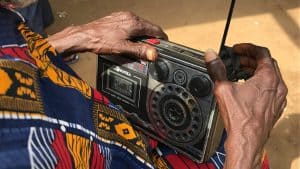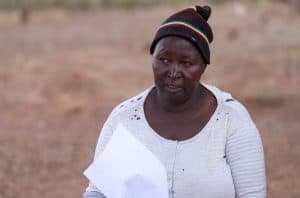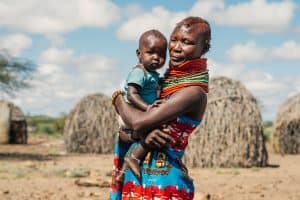Health
2 billion
The estimated number of people worldwide who do not have basic sanitation, including toilets, in their home.
785 million
The number of people worldwide who do not have access to basic water services, including a well.
810
The number of women who die each day from preventable causes related to childbirth and pregnancy.
1 out of 27
The number of children who will die before the age of 5, due to malnutrition and other conditions of extreme poverty.
Your Support Builds Healthy Communities
Health is at the heart of so much of the world’s poverty and suffering. When communities don’t have enough food, when they depend on unsafe water sources, when they don’t have access to reliable health support, every life suffers.
Finding sustainable ways to improve access to nutrition, clean water, and health resources can be the difference between life and death for the men, women, and children you help us serve around the world every day.
Did you know?
Our health can be affected by almost all aspects of our lives.
Here are just some of the ways that you’re helping to build healthier lives for those we serve:
- Improving access to safe water sources
- Providing hygiene and sanitation solutions
- Helping families access nourishing food
- Supporting pregnant women and mothers with maternal and infant health and nutrition
- Training community health workers and supplying transport solutions
- Psychosocial support
3,723,506 Lives
In 2024, your generosity impacted 3,723,506 lives and supported more than 257 projects in Health and Water & Sanitation activities around the world.
Stories

The Good Hygiene Jingle
Before eating Before cooking Before giving food to the child Wash your hands! It is

Kenya: Q&A with ADRA Recipient, Regina
The Horn of Africa is experiencing the worst drought in four decades, and many leave

Forgotten in Kenya: Hard Stories from a Hunger Crisis
When we share stories with you about the people and communities ADRA serves, it’s important
Stay in the know!
Sign up for ADRA’s emails to receive updates on our current relief efforts, engagement opportunities, and much more.

